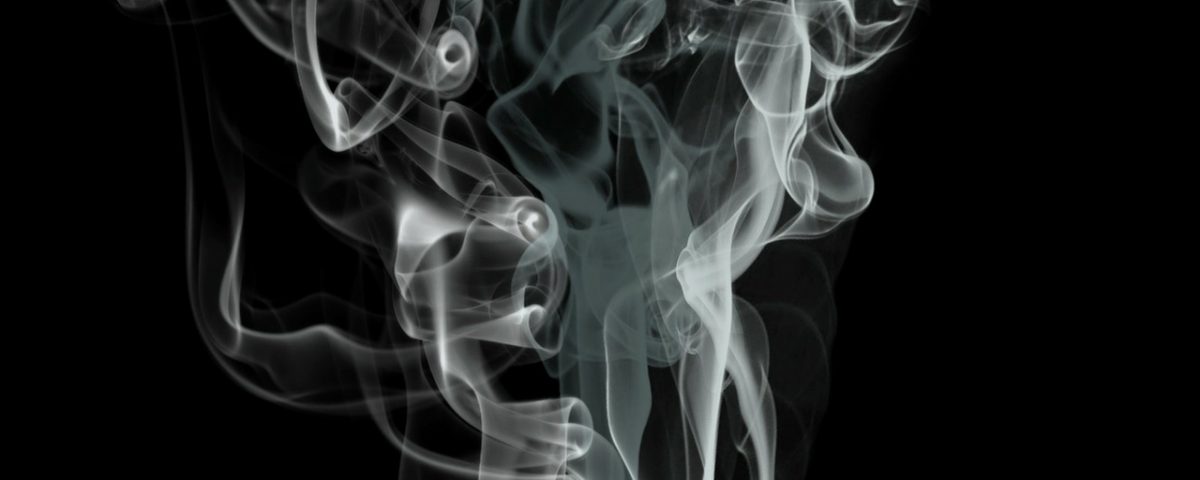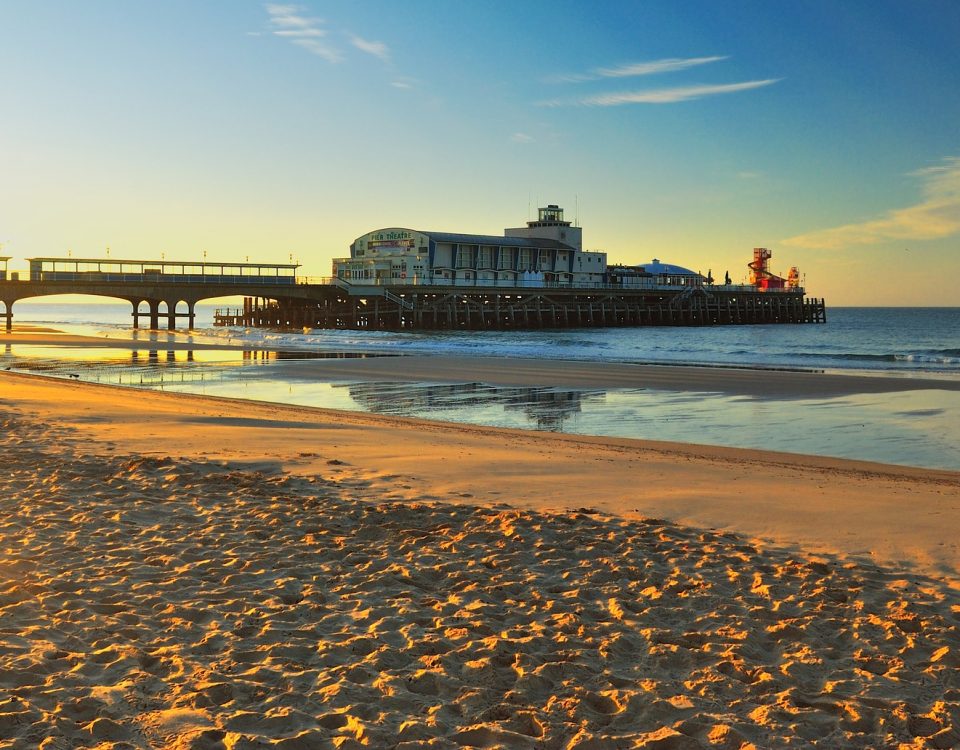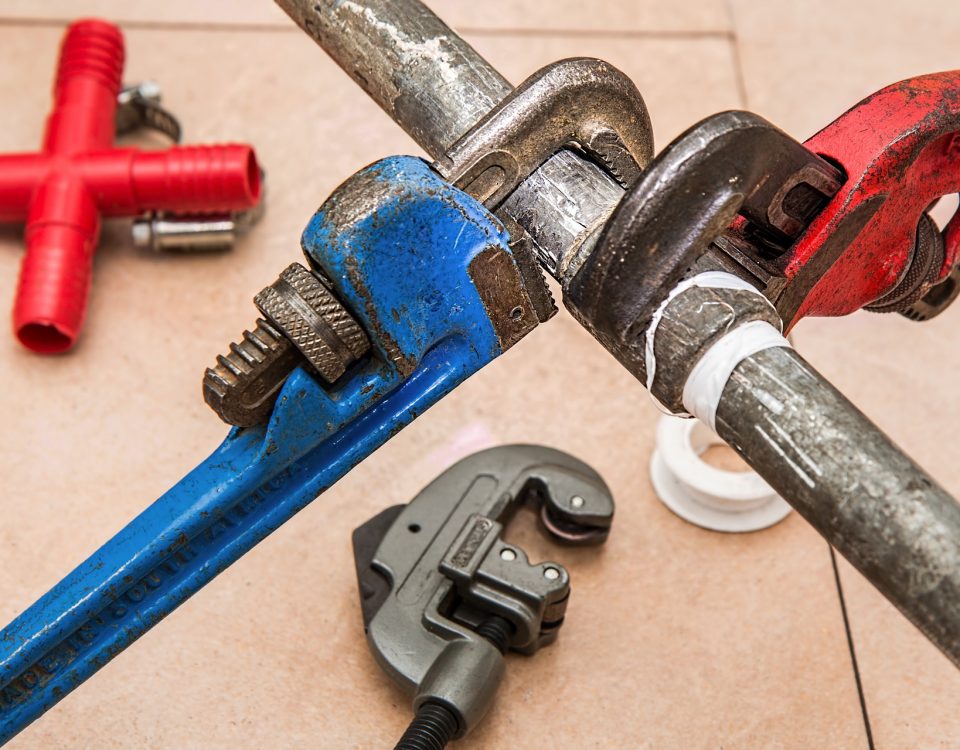What You Need to Know About Carbon Monoxide

What You Need to Know About Power Flushing
October 25, 2018
5 Top Tips for Beating the Cold this Winter
November 21, 2018What is carbon monoxide?
Carbon monoxide (CO) is worryingly referred to as the ‘silent killer’. This nickname comes about because this is a gas which doesn’t have any smell or colour. You also cannot ‘taste’ it in the air. This means you can be completely unaware of its existence.
Carbon monoxide is a by-product of fuel being burned if it doesn’t burn properly. It can be caused by using the cooker, open fire and boiler if they aren’t in full working order.
As a gas, it is poisonous. It causes problems with the proper movement and absorption of oxygen around the body and to your organs. It can also cause brain damage and paralysis. Carbon monoxide poisoning is responsible for around 50 deaths each year in the UK and around 4,000 medical visits.
How to be safe at home?
The risks associated with carbon monoxide explain why it is imperative to only use a Gas Safe registered engineer when carrying out work on gas appliances, connections and boilers in your home, to ensure all work is done to the highest standard. Fitting and ventilation must be carried out safely.
Furthermore, it is recommended that you have regular maintenance checks of items such as boilers. In the case of rented properties, your landlord has a legal responsibility to ensure you have an annual gas safety check and provide you with the corresponding certificate.
If you have open fires (including wood burning stoves), you should ensure the chimney is swept regularly, ideally twice a year. Ventilation is important. Fires should only ever be in well-ventilated rooms with a clear ventilation flue or chimney.
Never ever bring things such as barbecues, camping stoves or paraffin heaters indoors.
Should you fit a carbon monoxide alarm?
The Health and Safety Executive (HSE) highly recommend installing audible alarms which detect carbon monoxide. Audible alarms are recommended over ‘detector patches’ and other non-audible alarms because you may be asleep and not realise early symptoms of poisoning.
However, they rightly point out that this shouldn’t be considered a substitute for correct installation and regular maintenance of gas appliances.
How to recognise symptoms of poisoning
The earliest symptoms of carbon monoxide poisoning can mimic other illnesses. This is why it is important to use an alarm. The combination of an alarm and symptoms can help you identify carbon monoxide poisoning and seek urgent medical attention.
The earliest symptoms can look like simple viral infections, flu and food poisoning. You may experience nausea, tiredness, dizziness, headache, breathlessness, vomiting, visual disturbances, pain in the chest or stomach, or even loss of consciousness.
If you believe you, or someone in your household, is suffering from carbon monoxide poisoning, you should seek urgent medical attention.
Keeping an eye on the risk factors
As well as arranging regular boiler services and maintenance with a Gas Safe registered engineer, you should also be informed about common things to look out for at home.
Signs of CO leaking from appliances include:
- Yellow or brown staining, or soot, on or near appliances.
- Yellow or orange flames instead of blue flames.
- Condensation within the windows of the appliance.
- Pilot light going out regularly or easily.
If you suspect that an appliance, such as your boiler, is leaking carbon monoxide then you should immediately switch off the device. Contact a suitably skilled Gas Safe engineer to come and inspect it. Do not use it again until the matter has been rectified.
Also open all doors and windows to fully ventilate the room and seek medical attention if you believe you have been exposed to CO.
Carbon monoxide and boilers
Along with a gas stove, a boiler is a primary ‘risk factor’ for CO in the home. However, as long as you have had it installed by a Gas Safe engineer, and have an annual service, also by a Gas Safe engineer, you should be safe.
Arrange boiler installation, maintenance and servicing with Ecosafe Gas Safe engineers in the south west of England. Call on 0333 939 0161.





